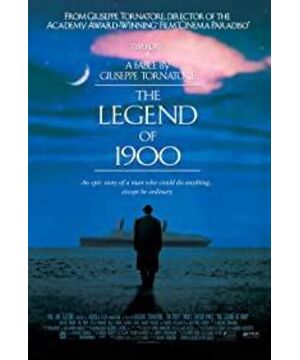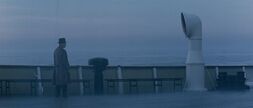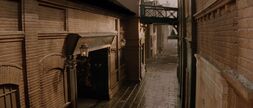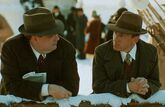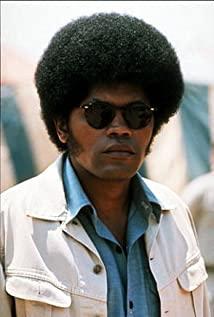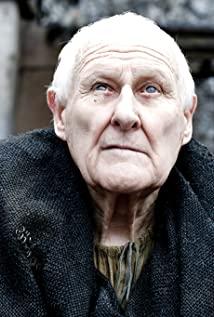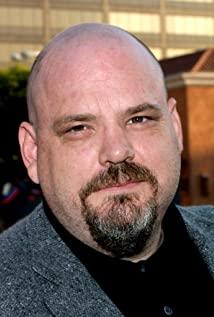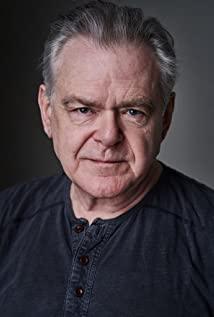The plot of "The Pianist at Sea" is like the tide of the blue sea, climax after climax. Playing while the piano slides freely in the stormy weather, and the children's self-taught performances shocking a boatload of people, are just the foreshadowing of the masters. Jerry, the self-proclaimed "grandfather of jazz," got on board to compete on the piano in 1900, and the level of excitement was comparable to the most intense gunfights. It's a soul-stirring, poetic journey movie, where the ubiquitous sound of the piano transports the audience into the psyche of the 1900s.
The film adopts the most extreme romantic style, causing a bipolar reaction: some people regard it as a masterpiece, while many people in the West regard it as "the best bad movie". The shortcoming of the film lies in the characterization. The protagonist is too mysterious, making people unable to penetrate his inner world, so it is difficult to truly sympathize with him. If the film can be released from the stage of angry youth, the film will have touching romantic magic. Every performance can reflect the unique character of 1900: the unrestrained individual performance of the band aside, the confidence of saying "self-humiliation" when playing the piano with the originator of jazz Jelly Roll Morton, and the infatuation with girls playing, so that the stubbornness that was still unwilling to leave when the ship was finally bombed.
Every note of the piano is integrated into the development of the plot, showing the distinctive characteristics of 1900, and it has also become the most exciting part of the film. In 1900, he raised his hands and played reverently in the air. The light and melodious melody revolved in the silent air like water. In an instant, there was a bang, and a huge spark opened at sea—1900 flew to heaven with his unfinished music.
View more about The Legend of 1900 reviews


